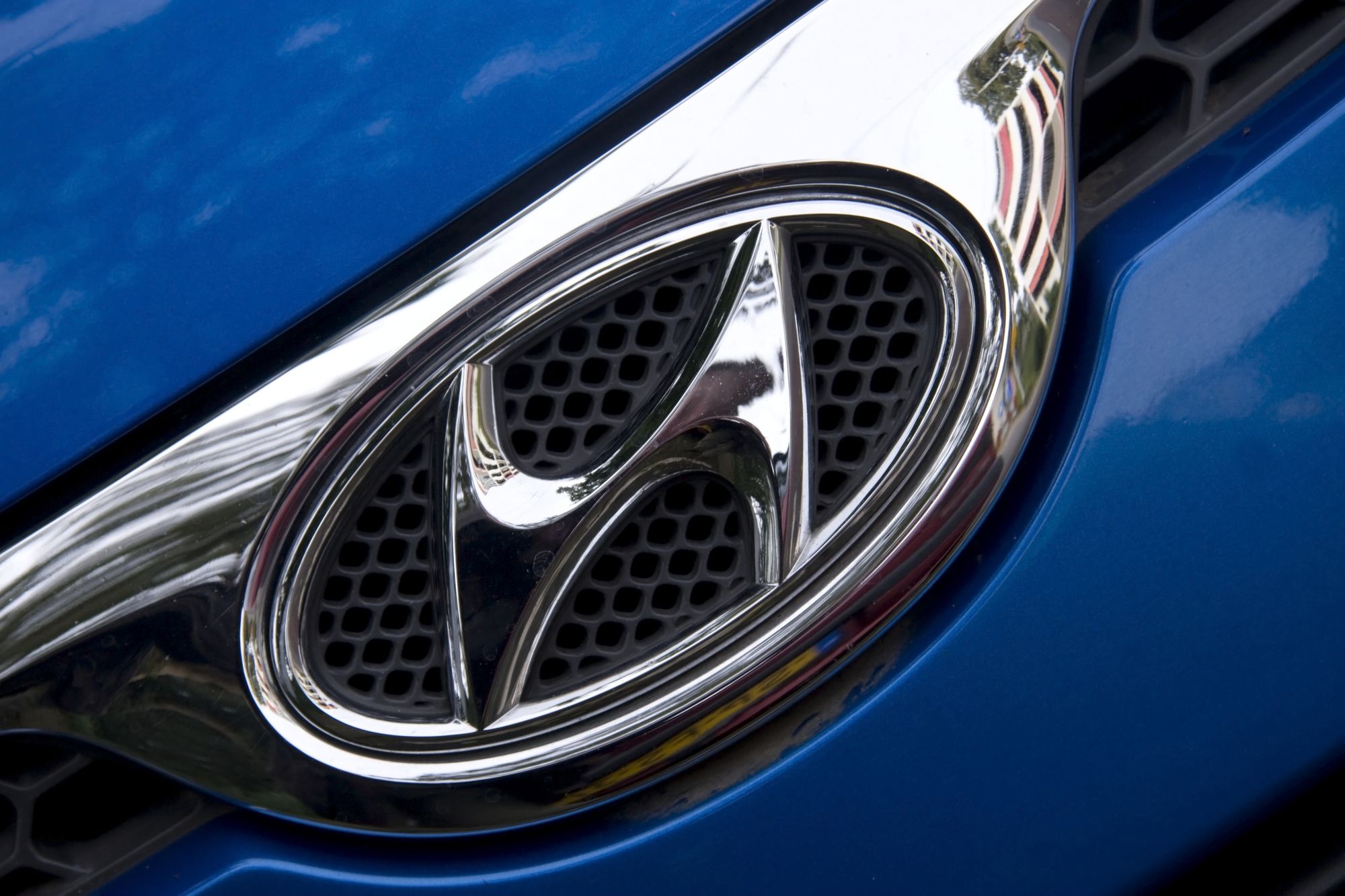Top Class Actions’s website and social media posts use affiliate links. If you make a purchase using such links, we may receive a commission, but it will not result in any additional charges to you. Please review our Affiliate Link Disclosure for more information.

Plaintiff Michelle Martinez alleges the defective soy-based components are included in model year 2013-2016 Hyundai Veloster, Accent, Azera, Elantra, Equus, Genesis Coupe, Santa Fe, Sonata and Tuscon vehicles.
According to the Hyundai class action lawsuit, the defect makes the affected vehicles unsafe and causes issues such as inoperative air bags, impaired steering and braking performance, loss of electrical systems, and engine failure.
In recent years, Martinez alleges, some vehicle manufacturers have replaced the insulation covering vehicles’ wiring with soy-based insulators instead of plastic-based insulators, and have used soy-based materials to construct other vehicle components. The soy coatings were supposedly bio-degradable and intended to be more environmentally friendly than the petroleum-based plastic coatings.
Martinez claims that her 2015 Hyundai Veloster has been damaged on two occasions when vermin chewed the soy-based components in the vehicle. According to the Hyundai class action lawsuit, she was charged $250 for each repair and Hyundai refused to cover the alleged defect under the vehicle’s warranty, although the second repair was reportedly paid for with reward points as a goodwill gesture to Martinez.
The Hyundai class action lawsuit alleges Hyundai knew or should have known about the alleged soy-based materials defect since at least 2013 but has actively concealed the defect and failed to warn consumers about it.
According to the Hyundai class action lawsuit, the alleged defect was the subject of a television newscast in Cleveland in August 2013, which reported about car owners across the United States whose vehicles had soy-based wiring coatings that had been chewed by rodents. In addition, numerous online complaints have allegedly been posted by Hyundai owners who experienced vehicle damage after rodents chewed the soy-based materials.
When consumers bring their vehicles to Hyundai to repair a vehicle with components that have been chewed by animals, Hyundai allegedly denies the existence of the defect and refuses to cover the repairs under the vehicle’s warranty. Instead, the motor company replaces the damaged soy-based materials with identical soy-based materials and charges consumers for the repairs.
“By doing so, Hyundai has effectively transformed the Defect into a profit center,” Martinez argues in the Hyundai class action lawsuit.
Martinez asserts she would not have purchased or leased the vehicle, or she would have paid less for it, if she had known the vehicle contained soy-based materials that attract animals that can cause serious damage and render the vehicle unsafe.
She asserts claims under the Declaratory Judgment Act, breach of express warranty, violation of the Magnuson-Moss Warranty Act, breach of implied warranty, violations of California’s Consumer Legal Remedies Act and Unfair Competition Law.
The Hyundai class action lawsuit seeks declaratory relief, injunctive relief, damages and restitution.
Martinez is represented by Kolin C. Tang, James C. Shah and Natalie Finkelman Bennett of Shepherd Finkelman Miller & Shah LLP, Jeffrey Goldenberg of Goldenberg Schneider LPA, and Robert W. Murphy.
The Hyundai Soy-Based Materials Class Action Lawsuit is Michelle Martinez v. Hyundai Motor America, Case No. 8:17-cv-01278, in the U.S. District Court for the Central District of California.
ATTORNEY ADVERTISING
Top Class Actions is a Proud Member of the American Bar Association
LEGAL INFORMATION IS NOT LEGAL ADVICE
Top Class Actions Legal Statement
©2008 – 2024 Top Class Actions® LLC
Various Trademarks held by their respective owners
This website is not intended for viewing or usage by European Union citizens.















118 thoughts onHyundai Class Action Alleges Soy-Based Materials Attract Rodents
I have a 2016 Hyundai tuscon that was totaled by insurance company because all wires under hood were chewed by rodent.
I’m currently in same situation…. Second time I’m at the dealer for wires chewed by rodents. I have had two other vehicles that this did not happen to. Have you found a resolution.
I encountered the same issue.
Two months after I purchased my 2022 Hyundai Tucson with 12000 miles, the hood lining/insulation and wires got damage by rodents. The estimated repair cost as of now is $1000.